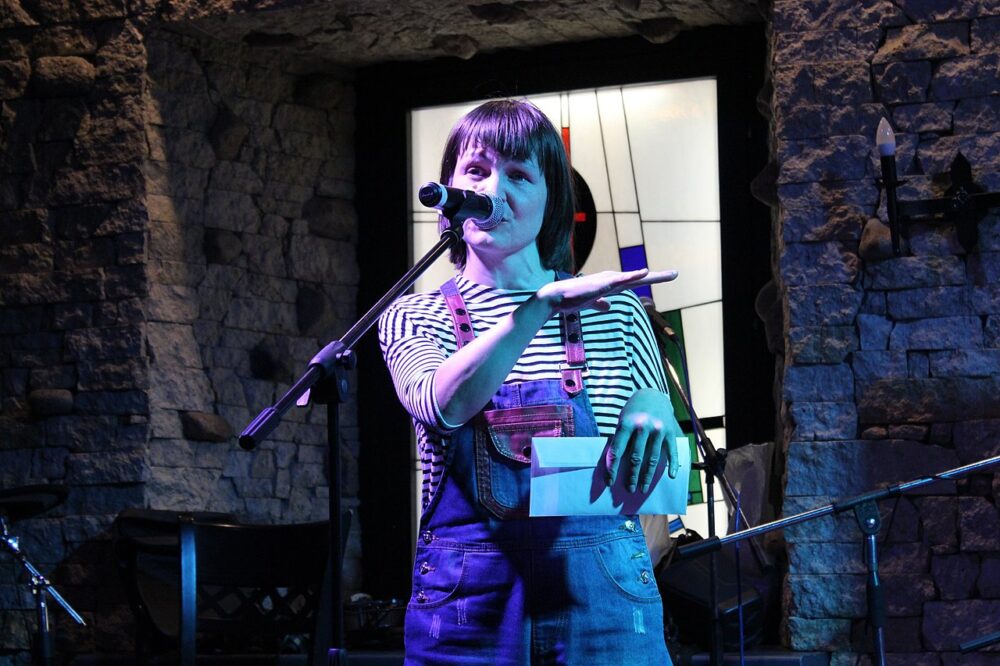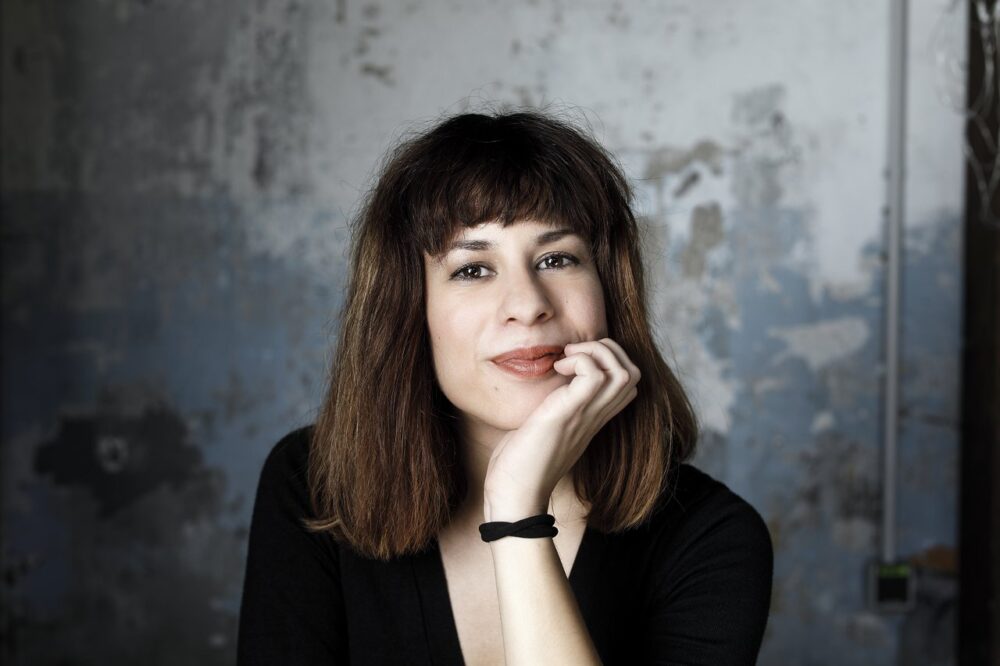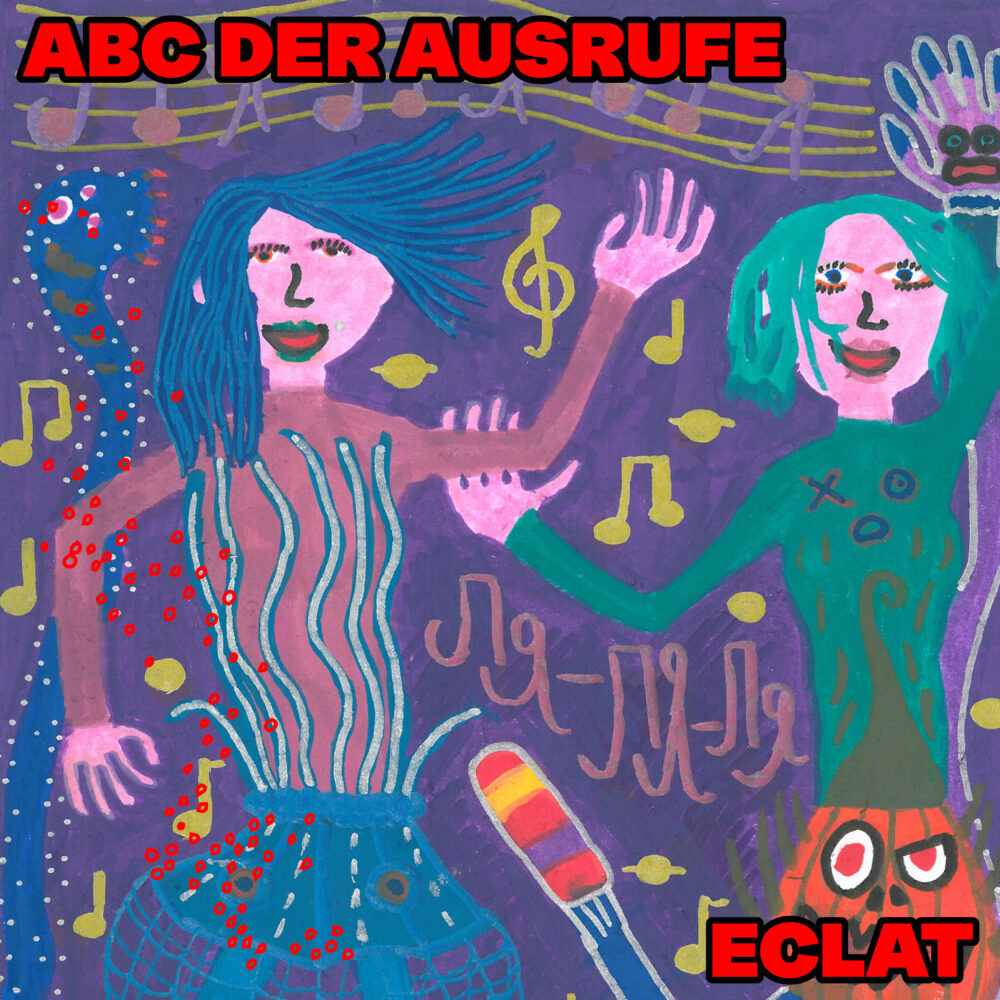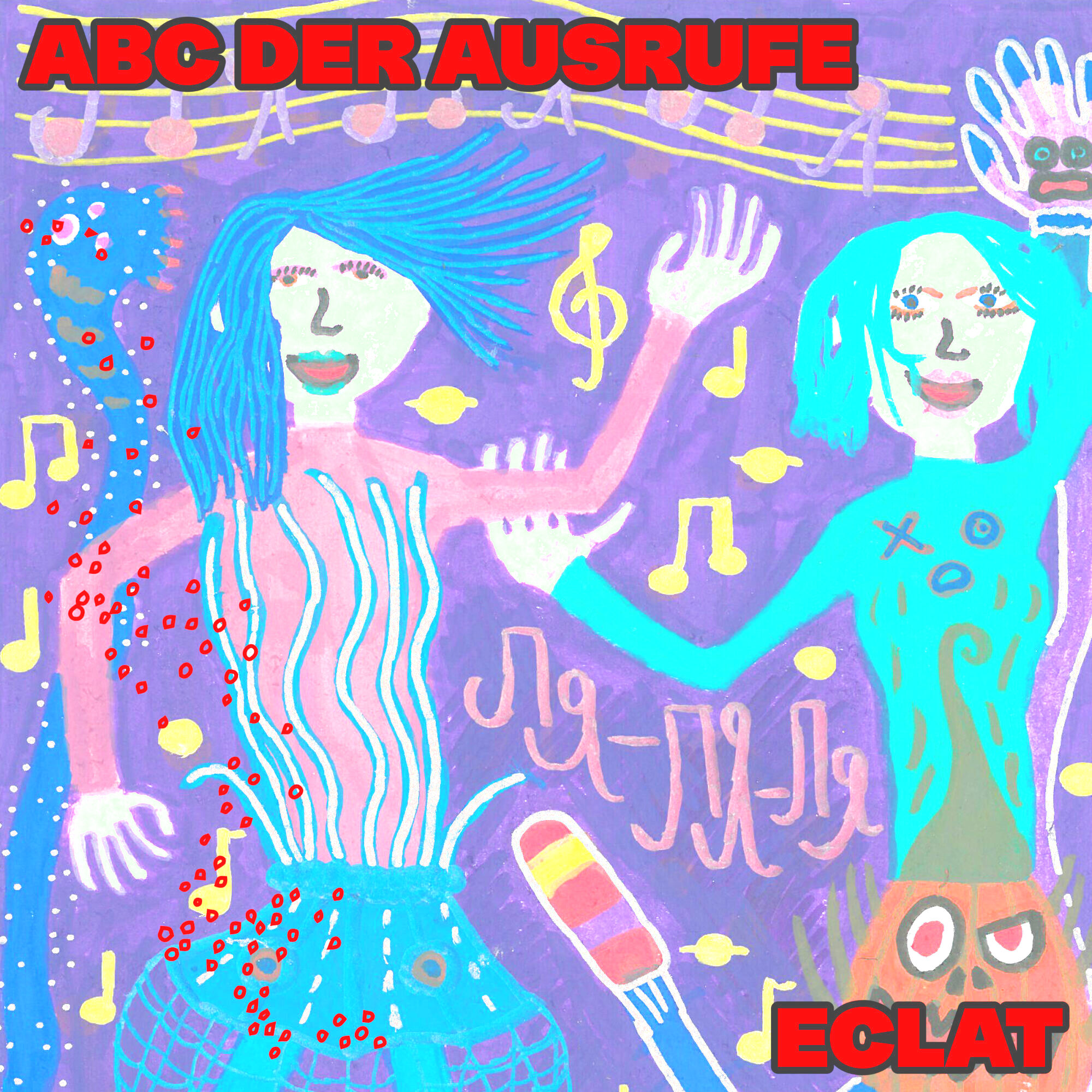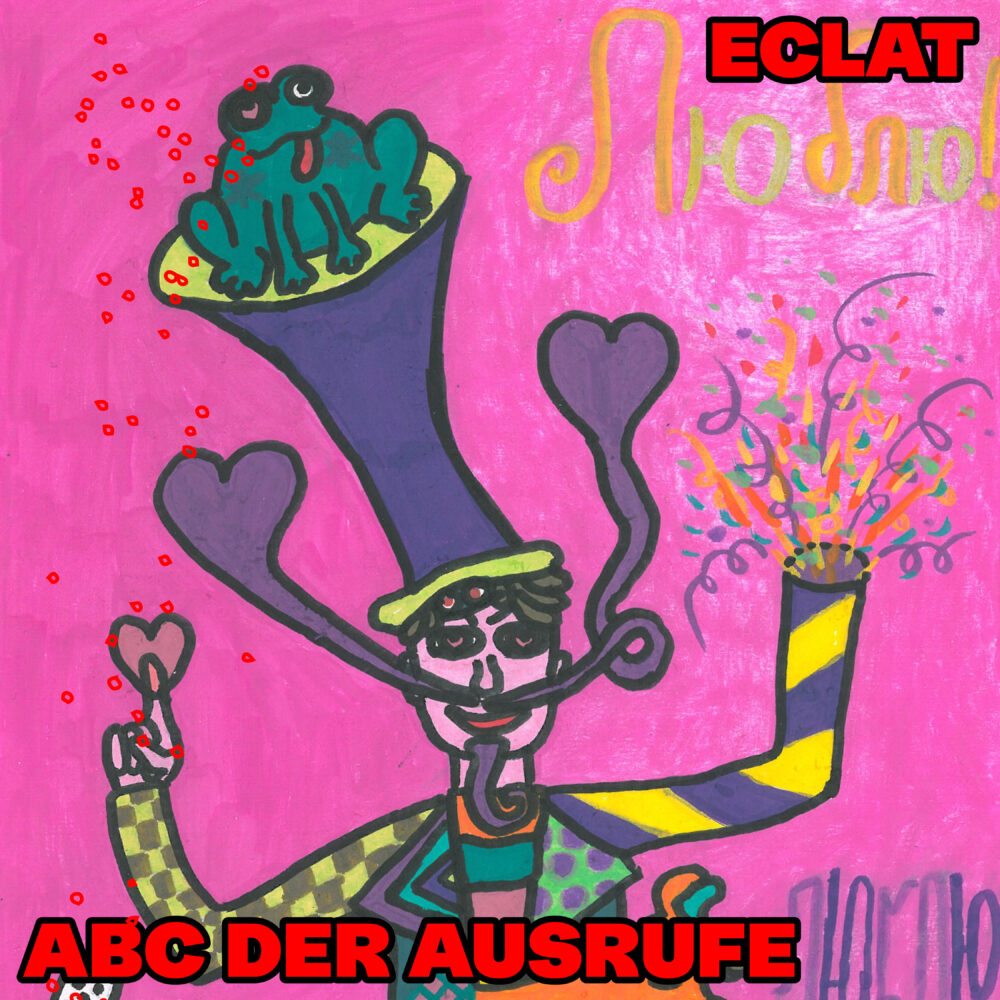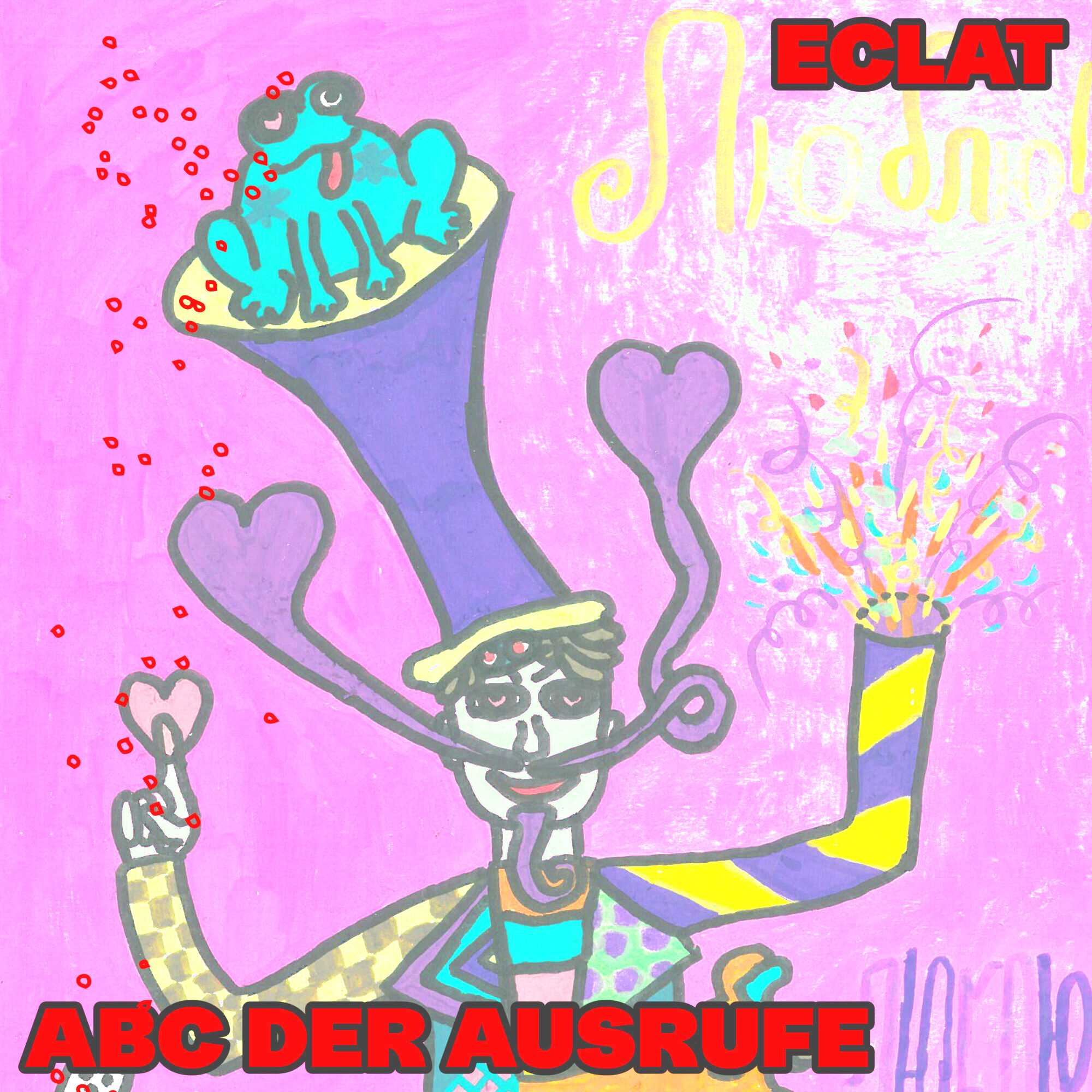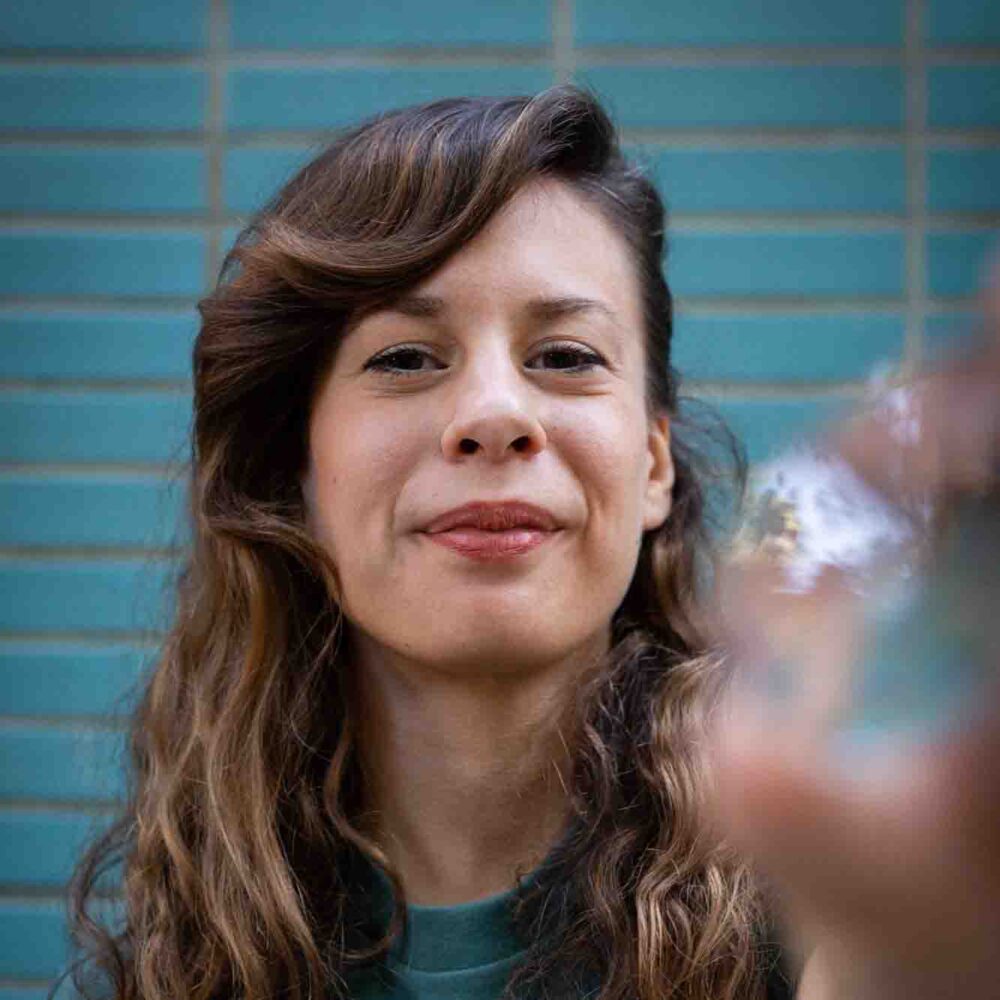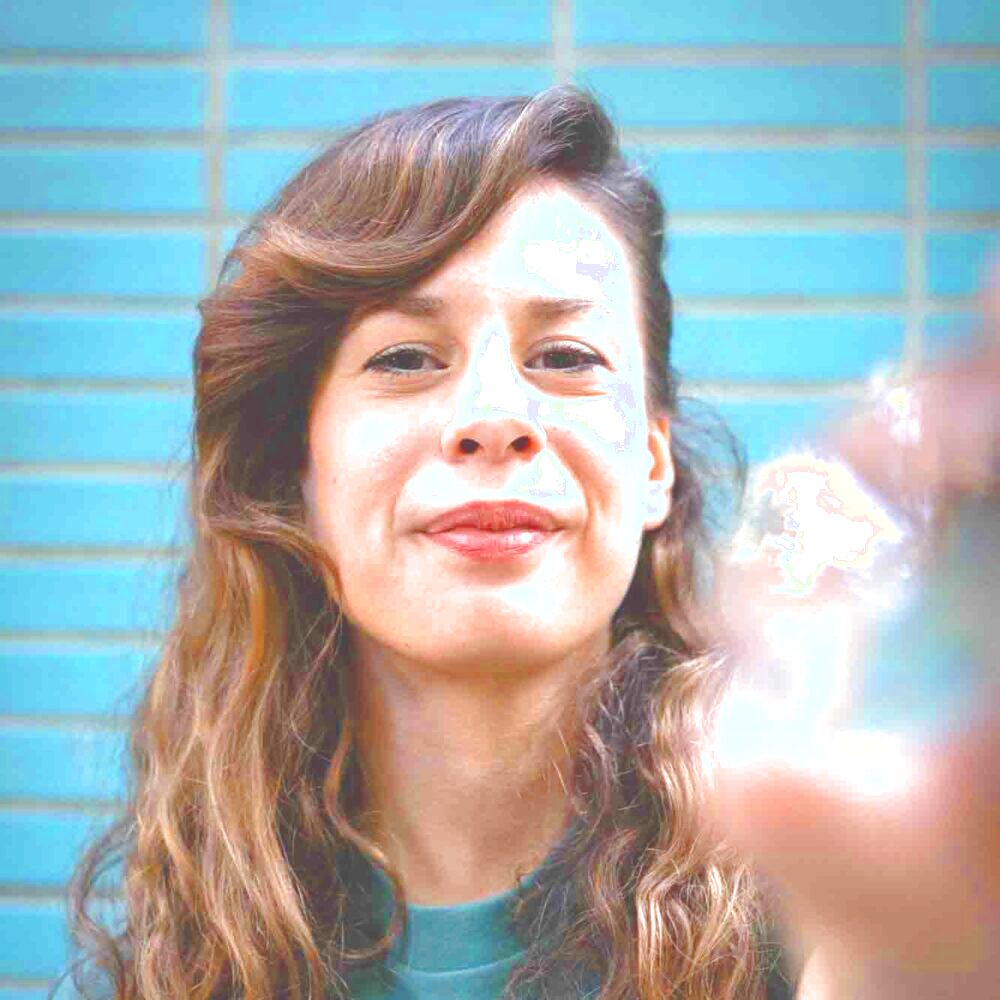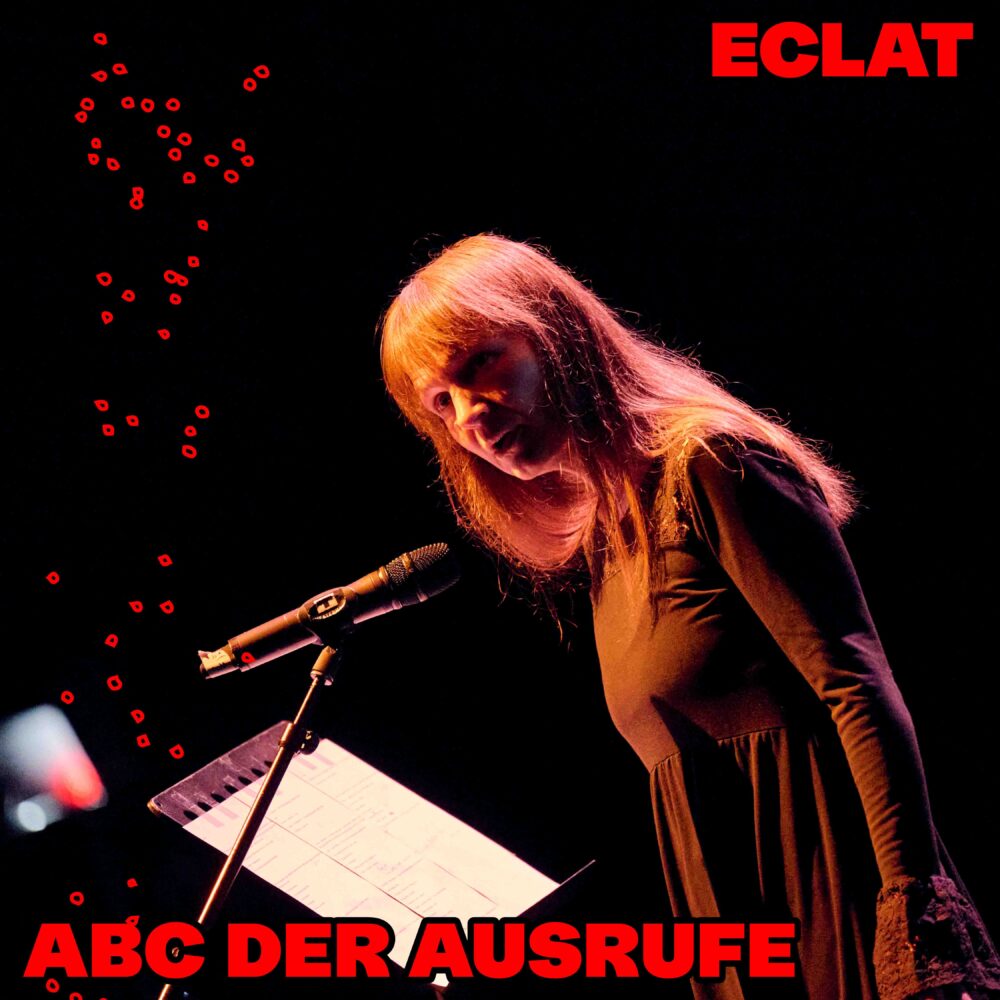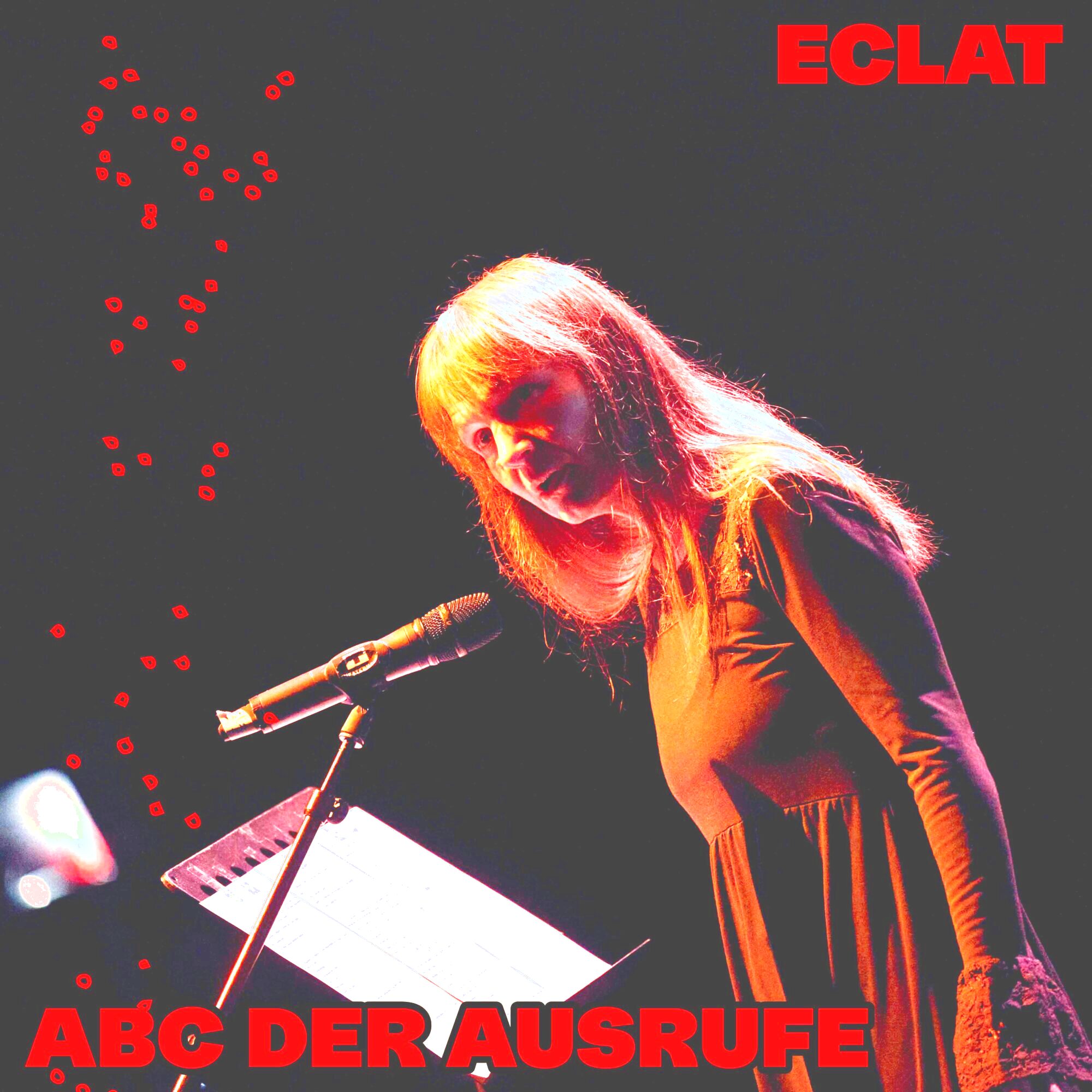Kastuś Žybul: ABC of exclamations
“It’s easier to cry alone.”
I often want to talk about my feelings, but not always. The main thing is that the feelings are simply there, and it’s not always necessary to talk about them. For me, the most important thing is to have them, to live with them, to feel them. And I want to talk about the strongest and brightest feelings – both positive and negative. For example, when they are troubling or, on the contrary, when they are so good that I want to share them. When you talk about a bad feeling, it might become weaker. But there are also secret feelings you don’t want to talk about at all. And then there are feelings that aren’t secret but are difficult to put into words. A few times, I’ve managed to express them through drawing. It’s not always easy to express feelings in every circumstance. Sometimes there are obstacles – for example, when the people I want to talk to are busy. It’s easier to express feelings when it’s quiet or when no one is watching me. It’s easier to cry alone. Every one of my drawings has its own story. Sometimes I draw when I’m in a bad mood, sometimes when I’m in a good one. I also write stories and plays where I express my feelings, thoughts, and moods. It’s important for me to express them.
(Kastuś Žybul)
Worlds of emotions
Kastuś, who came up with the idea for the ABC of Exclamations, is in a special situation. He has autism and, as a result, requires special additional education to familiarise him with the world of emotions. On the one hand, he is probably more knowledgeable about the theory in this area than most others, but on the other hand, he has fewer opportunities to put his knowledge into practice. The project ABC of Exclamations is an experience of openness for him—approaching people, taking the first step, waiting for a response, making acquaintances, and forming friendships. However, the question of how one lives in harmony with one’s emotions, how to recognise and express them, seems to be an important one for many people.
In the post-Soviet countries, where both Kastuś and I come from, there are still vibrant educational traditions that leave little room for the expression and understanding of one’s own feelings. This is either because of “collectivism” or due to patriarchal traditions. I remember that during my studies, we wrote in our pedagogical notes: “The goal of the course is to equip the teacher with effective teaching methods.” My version was shorter: “The goal of the course is to upgrade the teacher.” Period. You could stop at the word “upgrade” [in Belarusian, identical to “equip”]. It’s as if the teacher does not approach the students, but rather the enemy. And the teacher is supposed to “arm” the student with knowledge that is useful for life. As though life were the enemy. You cannot share emotions with the enemy; communication with them is a series of exchanges, like shots from “weapons.”
Many teachers actually study hard and strive very much to do their jobs well. This is true!!! A teacher arrives at school with lesson plans, methods, and techniques. And all of this must be successfully implemented, no matter what kind of “student substrate” the teacher encounters. And this substrate is terribly heterogeneous—each child has their own character, their own desires, their own emotions. The children must push all of this aside in order to become a good substrate for the implementation of pedagogical plans in the classroom. And then in the family—for family plans. And for themselves? Maybe I’m exaggerating, but this problem really exists.
Discipline, rapid, impressive results of collective action—and the priority of individuality, of self-expression: How can one find a balance between these poles? And how can the individual survive amidst all of this and maintain an awareness of their own worth? I think that is very important.
We live in a time when human life is increasingly undervalued. Thousands of people are thrown into the meat grinder of wars and destroyed like wooden figures in a shooting gallery. In totalitarian societies, people are regarded as cogs in a machine with the lowest degree of inner freedom. And even in places where there is more freedom, manipulative technologies (manipulation being primarily based on emotions and feelings) are as widespread as microplastics.
I believe it is important to repeatedly remind ourselves of the value of the individual, their feelings, and every fragile yet wonderful personal universe. Without respect and emotional worlds, the ABC of Exclamations project, inspired by Kastuś, who came up with the idea, would not exist. Kastuś is in a unique situation. He has autism and therefore requires special additional education to help him connect with the world of emotions. On the one hand, he is probably better acquainted with the theory in this field than most, but on the other, he has fewer opportunities to put his knowledge into practice. The ABC of Exclamations project offers him an experience of openness, reaching out to others, taking the first step and waiting for a response, forming acquaintances and friendships. However, the question of how to live in harmony with one’s feelings, how to recognise and express them, seems important to many people.
In post-Soviet countries, where both Kastuś and I come from, there are still enduring educational traditions that leave little room for the expression and understanding of one’s emotions—whether due to “collectivism” or patriarchal traditions. I recall that during my studies, we wrote in our pedagogy notes: “The aim of the course is to equip the teacher with effective teaching methods.” My draft was shorter: “The aim of the course is to arm the teacher.” Full stop. You can stop at the word “arm” [in Belarusian, identical to “equip”]. It’s as if the teacher is not approaching students but an enemy. And the teacher is expected to “arm” the student with knowledge that will be useful in life—as if life itself were the enemy. You cannot share feelings with an enemy; communication with them is merely an exchange of “fire” from “weapons.”
Many teachers do indeed study hard and make great efforts to perform their work well. That is true! A teacher arrives at school armed with lesson plans, methods, and techniques. And all of this must be successfully implemented, no matter the type of student “substrate” the teacher encounters. This substrate, however, is incredibly heterogeneous—each child has their own character, desires, and feelings. Yet the children are expected to push all of this aside to become a suitable substrate for the implementation of pedagogical plans in the classroom. And later, in the family, they must do the same for family plans. But for themselves? Perhaps I am exaggerating, but this is indeed a real issue.
Discipline, rapid and impressive results from collective action, and the priority of individuality and self-realisation—how can a balance be found between these opposing poles? And how can the individual survive amidst all of this while preserving an awareness of their own worth? I think this is extremely important.
We live in a time when human life is increasingly undervalued. Thousands of people are thrown into the meat grinder of wars and destroyed like wooden figures in a shooting gallery. In totalitarian societies, people are viewed as cogs in a machine, with the lowest degree of inner freedom. And even in places where there is more freedom, manipulative technologies (which primarily operate on the basis of emotions and feelings) are as pervasive as microplastics.
I believe it is crucial to continually remind ourselves of the value of each individual, their feelings, and every fragile yet marvellous personal universe. Without respect and attention to the individual and their emotions, humanity truly faces the risk of disappearing altogether.
(Vera Burlak)
Here and Now
The first time I saw Kastuś’s drawings, I was overwhelmed by a flood of feelings and emotions. The vivid colours, the stories unfolding before my eyes, and the ambiguity, the fundamental depth, and the playful nature of the images instantly inspired me deeply. Tone colours and ideas intuitively took up space in my mind and developed into a musical concept.This event is not just about experiencing an auditory narrative of the different images. The 8-channel installation also creates an individual listening experience, allowing each visitor to perceive it in their own unique way. The electroacoustic composition grapples with fundamental questions about the individual: How differently do each of us perceive the world? How do we position ourselves in relation to ourselves and society? Moreover, when we talk about society, which society are we referring to? How much space do fear and insecurity take up in our lives, and how do we deal with them—do we fight them, accept them, or learn to live with them? Themes like identity, liberation, and pleasure also play an important role in shaping our behaviour and perception. What does it sound like to be unpleasant? Where do we feel it in our bodies? What do “evil” ice creams sound like, and can I overcome my fears by disguising my worries as “Pacman monsters”? How much room do we leave for love in our lives? Perhaps not enough. Should we take our time on this Earth more seriously, or should we sometimes simply enjoy it playfully, like a video game, allowing ourselves to be inspired by our surroundings? There is no clear answer—or rather, there is not just one answer. Step inside and enjoy the colours, the subtle movements in the video and sound, and the sometimes funny, sometimes bizarre and chaotic, sometimes serious, and sometimes emotionally manipulative sounds. At times disturbing, at times playful, occasionally a bit sarcastic and ironic. Step inside, reflect for a moment if you wish—or don’t. Enjoy the here and now with a sense of mindfulness and curiosity for the time you’ve dedicated to this event.
(Georgia Koumará)
Fantasy and Mystery
It’s wonderful to see what drawing can achieve as an expression of emotions. Kastuś’s fantasies are multifaceted: colourful, lively, detailed, and surprising. With an abundance of imagination, subtleties, and mysteries, he draws inspiration from the sounds of the Belarusian language. We see monsters, machines, figures, all kinds of creatures, and absurd situations of many kinds. Tragedy and joy lie close together. The images are full of gestures of liberation but also tell of constraints and entanglements. Working with Kastuś’s drawings inspires me to take steps—sometimes quiet, sometimes daring—to bring them to life. The goal is to showcase and preserve the immediate power of his artistic ideas while also interacting in close collaboration with the sounds of Georgia Koumará to dynamically stage the ABC of Exclamations. I hope the poems, animated drawings, and music come together in a way that captivates and moves the audience just as much as they do me.
(Monika Nuber)
